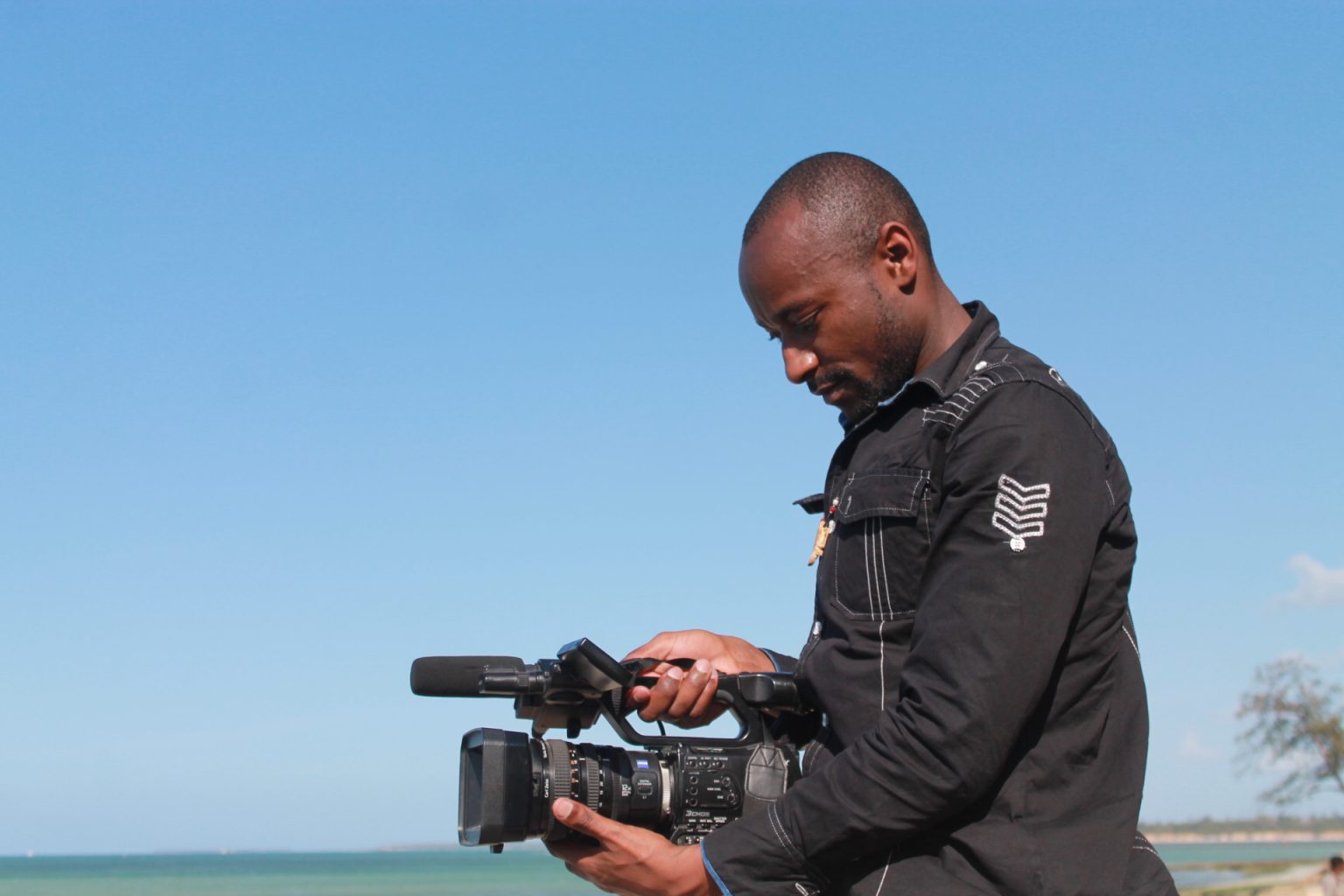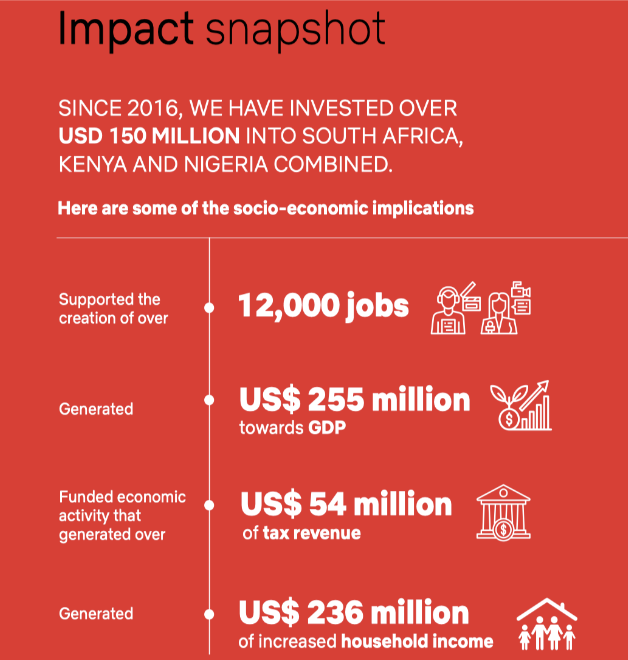We are excited to announce that Brink is now part of Africa Practice. Learn more
Africa’s funvestments on the rise

The continent’s film and audiovisual sector gold rush
Since Showmax’s launch in 2015 and the arrival of Netflix and Prime Video in 2016, Africa has witnessed a rising tide of investments in the audiovisual sector that shows no sign of slowing down despite a challenging macroeconomic environment. In October 2023, Sony launched the Sony Innovation Fund: Africa with an initial investment of USD 10 million. The fund will invest in startups operating in the gaming, music, movie and content distribution sectors. A month later, Afrixembank, a multilateral trade finance bank, said it would launch the USD 1 billion African Film Fund in 2024 with a mandate to oversee film financing – one of the key barriers to the industry’s growth. Meanwhile, in February this year, Canal+ put forward an unsuccessful bid to acquire South Africa’s Multichoice, one of the continent’s top broadcasting and streaming companies.
Amazon Prime seems to be the only player bucking the trend, announcing in early 2024 that it was restructuring its business model, scaling back its local content production on the continent and in the Middle East, and laying off staff to focus on the European market. According to an email by the general manager for the Europe, Middle East and Africa (EMEA) region, Amazon Prime is restructuring “to focus on areas that drive the highest impact and long-term success”.
In an increasingly competitive landscape, local content is king. Research by Africa No Filter in 2022 highlighted how African creatives are finding new audiences, particularly among the youth. According to its findings, Africans are consuming African films as much as US or international content – a testament to the continent’s creative power. This contributes to Africa’s audiovisual sector, as seen in the return of The Real Housewives of Lagos after its record-breaking first season where it became the only African title to make it into the top 10 most-watched Showmax shows in Nigeria, Ghana, Kenya and South Africa.
According to its findings, Africans are consuming African films as much as US or international content – a testament to the continent’s creative power.
Africa No Filter
An untapped economic opportunity
The audiovisual sector, one of the largest contributors to Africa’s cultural and creative industries, employs 5 million people and accounts for USD 5 billion of the continent’s GDP annually, according to a 2021 UNESCO report. The sector’s potential could reach 20 million jobs and USD 20 billion in GDP per year but it remains historically and structurally underfunded, underdeveloped and undervalued.
Achieving the sector’s full potential is only possible through an enabling policy environment. Only 30 out of the 54 African states have a national film policy, hindering the sector’s formalisation and policy coherence. Other barriers include piracy and intellectual property infringement, inadequate skills and experience, inadequate investments, limited government support, and weak film and digital infrastructure.
Internet access on the continent has risen exponentially over the last 15 years, with over a third of individuals in sub-Saharan Africa using the internet in 2021 – up from 4% in 2009 – though it remains the least connected region. The digital revolution has been a game changer, creating new opportunities for the film and AV sector and a boom in streaming platforms like Netflix. Now more than ever, local content producers can reach African – and international – audiences, with a new generation of talented creatives gaining global recognition.
In 2023, Netflix commissioned Africa Practice to conduct a socio-economic impact assessment of its investments in Kenya, Nigeria and South Africa between 2016-2022. Our report evidenced how Netflix’s investments in sub-Saharan Africa accelerated the growth of local creative ecosystems and strengthened the entire value chain – from cast and crew to adjacent sectors like construction and hospitality. These investments facilitated developmental progress – echoing UNESCO’s recommendations to grow the sector to its full potential.
$150m
Since 2016, we have invested over USD 150 million into South Africa, Kenya and Nigeria combined.

Click here to access our report on Netflix’s socio-economic impact in South Africa, Nigeria and Kenya.
What about culture and identity?
The sector’s impact isn’t limited to job creation and economic growth. With the advent of streaming services, African creative content is being consumed worldwide – and across the continent – showcasing local cultures, languages and talent. Its rise as a global creative force increasingly shapes identities on the continent and helps shift perceptions internationally. Africa’s soft power is in full swing.
The continent’s emergence as a creative hub is indisputable. The South African series Blood and Water, currently in its fourth season, has been ranked number 1 in South Africa, France, and the US. The series shows the beauty of Cape Town and South Africa’s diverse people, languages and cultures and is the country’s first production to reach number one in Netflix’s home market. Nigeria’s The Black Book, made on a shoestring budget of USD 1 million, achieved global success, ranking in Netflix’s top ten in 69 countries by its second week of release. The production is a fictional tale that teaches Nigerian history through art, telling the story of the military regime’s abuse of power, corruption and police brutality. A South African short film, The Letter Reader which has been shown worldwide, has won multiple awards including the Jury Award at the Schnit Worldwide Shortfilmfestival and the African Movie Academy Award for the best short film.
For Africa’s creative and cultural industries to fully thrive, African policymakers must recognise their transformative potential and establish conducive and enabling policy environments that address barriers to growth, attract investment, and showcase Africa and its talent to the world.
Proud to be BCorp. We are part of the global movement for an inclusive, equitable, and regenerative economic system. Learn more


